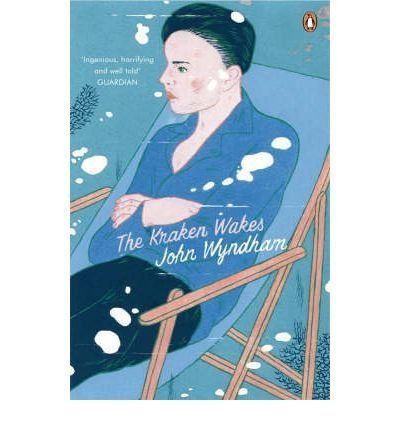
The Chrysalids
David Storm's father doesn't approve of Angus Morton's unusually large horses, calling them blasphemies against nature. Little does he realise that his own son, and his cousin Rosalind and their friends, have their own secret abberaion which would label them as mutants. But as David and Rosalind grow older it becomes more difficult to conceal their differences from the village elders. Soon they face a choice: wait for eventual discovery, or flee to the terrifying and mutable Badlands . . . The Chrysalids is a post-nuclear apocalypse story of genetic mutation in a devastated world and explores the lengths the intolerant will go to to keep themselves pure.
Reviews
Ada@adasel
Patrick Book@patrickb
Q@qontfnns
Cait🪼@figs0up
Shona Tiger@shonatiger
Juliet Tuppurainen@juliettupp
Fraser Simons@frasersimons
Yulande Lindsay@lande5191
Raag Sudha@raagrambles
Lea de Sousa@leadesousa
Dani@erudani
Kaylee Z@theenchantedlibrary
Ellen Ivey@ellen_ivey
Frank Huang@frankhme
betty books@bettybooks
Damian Wines@damothered
maximilian becht@maxicozy
Yi Yaw@yilovesreading
Joe Woods@woods
Francesca@franci_pandini
Ethan Evans@ethan-evans
choe@yuracho
italy.@italy__1
Clair High@clair-high